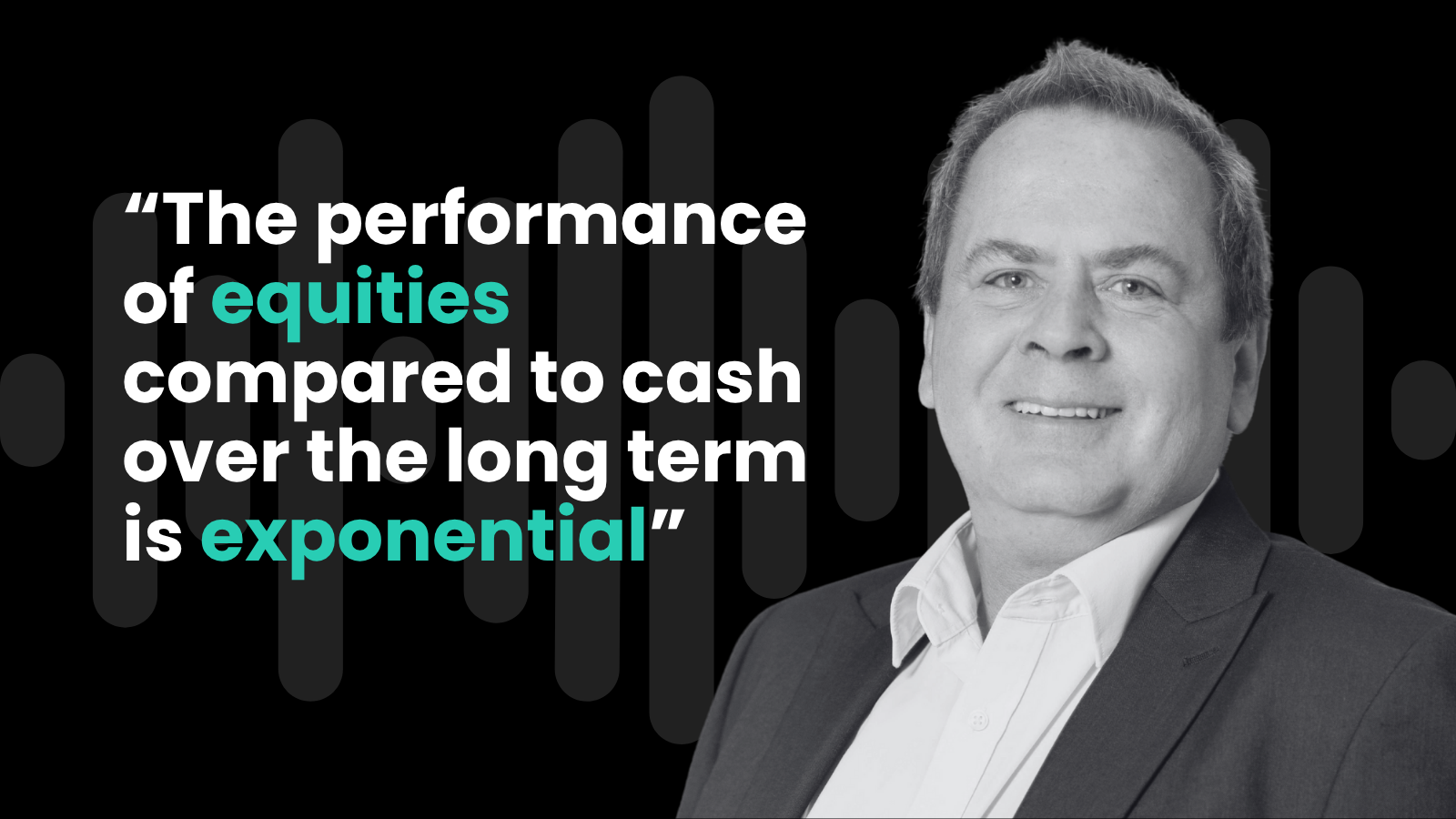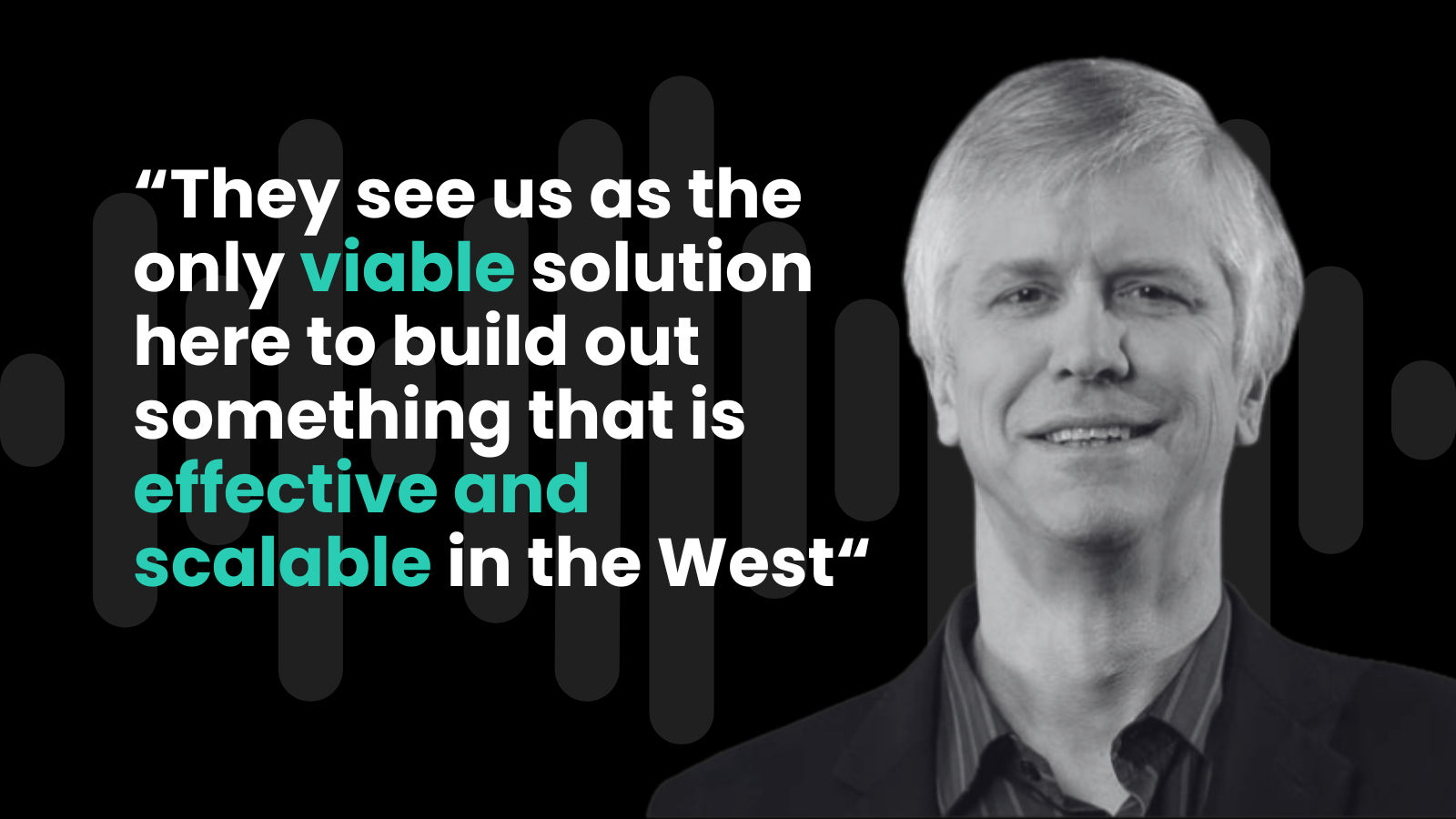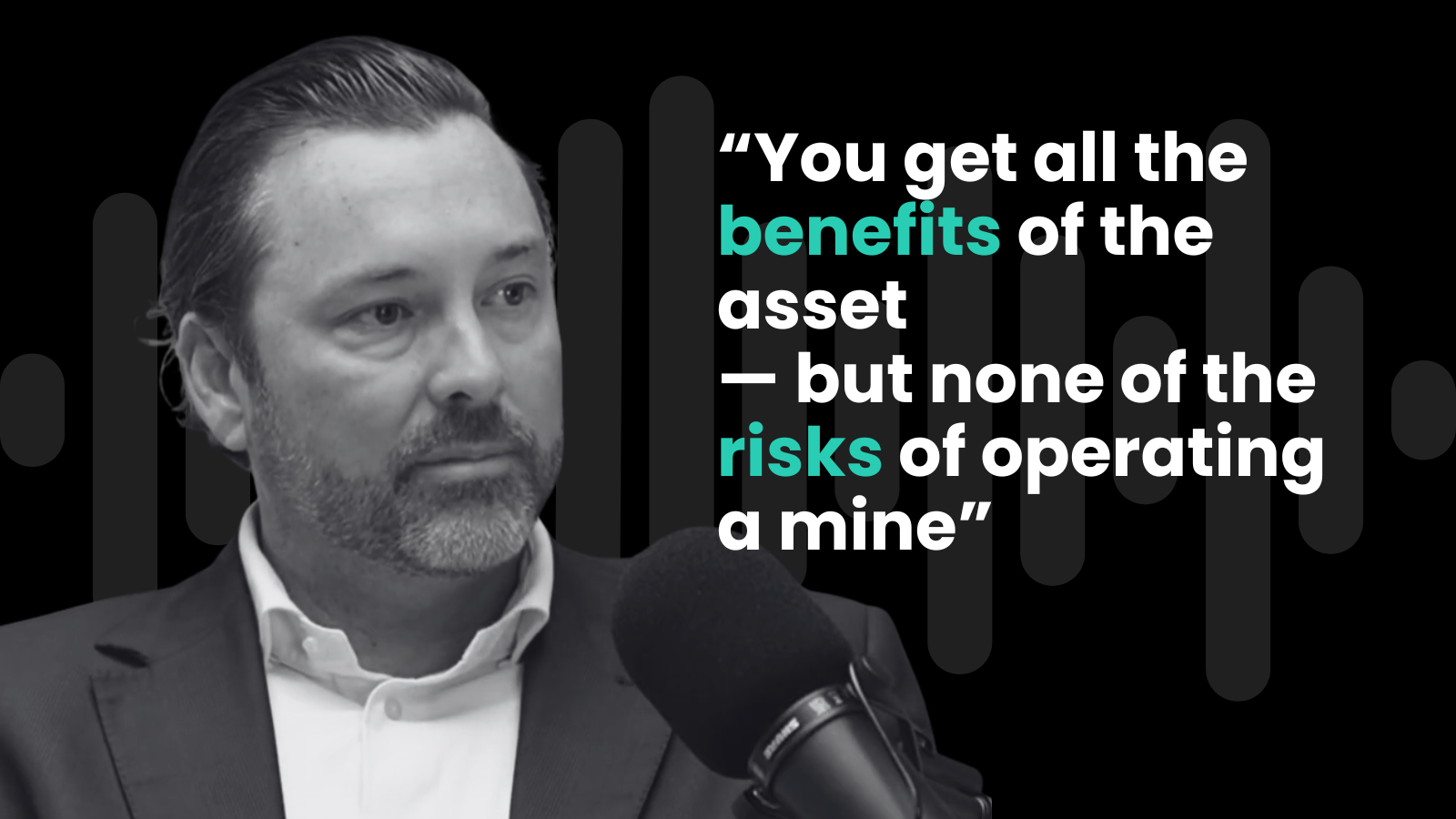HSBC’s long and occasionally complicated relationship with its Hong Kong offspring has taken a decisive turn. HSBC Asia Pacific, a subsidiary of the London-listed parent, has proposed to privatise Hang Seng Bank, offering HK$155 per share in cash.
The proposal, structured as a scheme of arrangement under Section 673 of Hong Kong’s Companies Ordinance, values the lender at about HK$290 billion and gives minority shareholders a graceful exit — at a premium.
The deal is generous on paper. The offer price represents a 30 per cent uplift on the stock’s last trading day and roughly 49 per cent over its one-year average. On a price-to-book basis, Hang Seng would fetch 1.8 times tangible equity, well north of the 0.4 times median of comparable Hong Kong banks. That is not a steal. But it is a clean transaction: the consideration will not be raised, and HSBC has pledged no second thoughts.
HSBC’s corporate housekeeping
For HSBC, this is less a trophy acquisition than a tidy piece of corporate housekeeping. It already owns around 65 per cent of Hang Seng Bank. Folding the remainder brings full control, eliminates minority interest deductions from earnings, and simplifies its capital structure. HSBC expects the move to be accretive to earnings per share.
The cost is a temporary 125-basis-point hit to its Common Equity Tier 1 ratio, which stood at 14.6 per cent in June. Management says capital will recover within three quarters — helped by pausing share buybacks.
- Turbulence ahead for easyJet shareholders?
- Rolls-Royce shares: Is now the time to buy?
- Taylor Wimpey stays resilient despite “challenging” housing market
Strategically, the logic rests on simplification and alignment. Hong Kong remains HSBC’s most profitable geography and a declared “home market.” Owning Hang Seng outright removes the awkward divide between two brands that increasingly share technology, customers, and regulatory DNA.
The local lender, founded in 1933 and steeped in Hong Kong’s commercial folklore, will retain its name, licence and branch network. HSBC insists that Hang Seng’s culture and community presence will stay intact — a nod to local sensitivities as much as brand value.
Confidence in Hong Kong’s future
Privatisation also signals confidence in Hong Kong’s future. In recent years, Hang Seng’s stock has languished amid weak loan growth and rising competition from Chinese and virtual banks. Minority investors have grumbled about strategic drift and limited liquidity. HSBC’s offer provides them with an assured cash exit at a time when Hong Kong’s bank shares are priced for mediocrity.
The mechanics are routine: once the scheme is approved by at least 75 per cent of disinterested shareholders and sanctioned by the High Court, the shares will be cancelled and replaced by new ones issued to HSBC Asia Pacific. Hang Seng will then be delisted. The transaction is fully funded from HSBC’s internal resources. BofA Securities and Goldman Sachs have signed off on the availability of funds — a formality, but a comforting one.
For shareholders, the choice is between cash certainty and sentimental attachment. The offer price exceeds the highest Hang Seng share price since 2022 and offers an implied 70 per cent premium to book. That should be enough to secure approval. For HSBC, buying out the public float is both a gesture of confidence and a move toward operational coherence. For Hong Kong, it marks the quiet folding of one of its most storied local banks back into its global parent’s embrace.
At HK$155 a share, filial piety comes at a fair price.





















